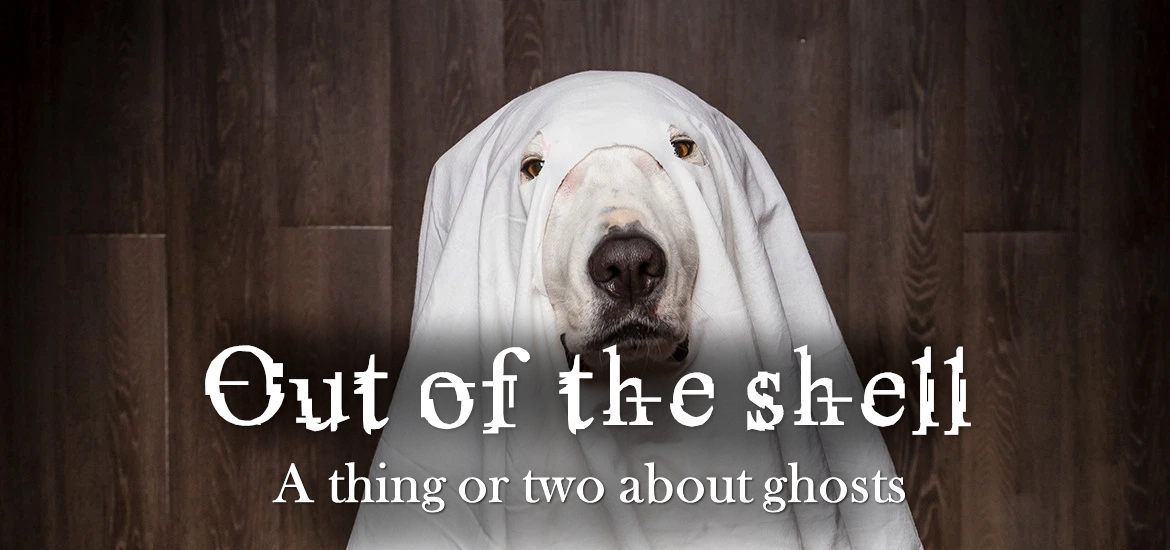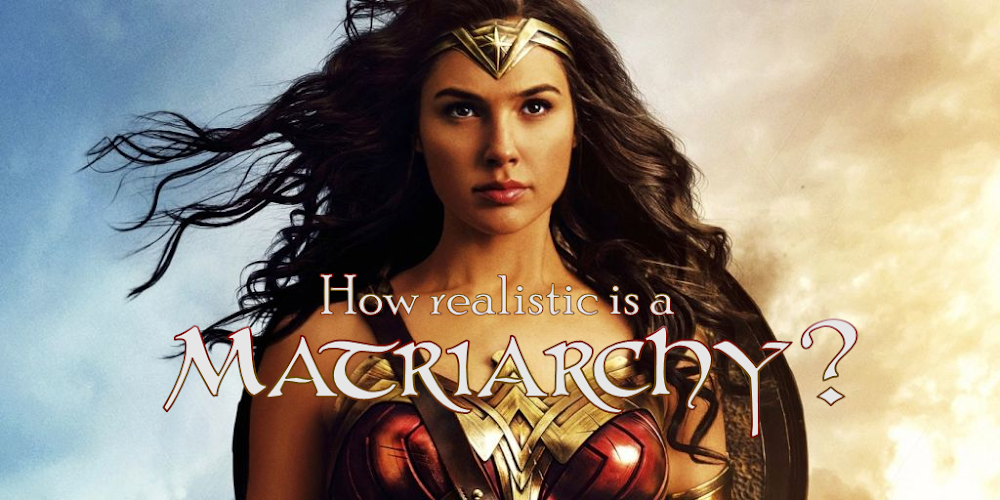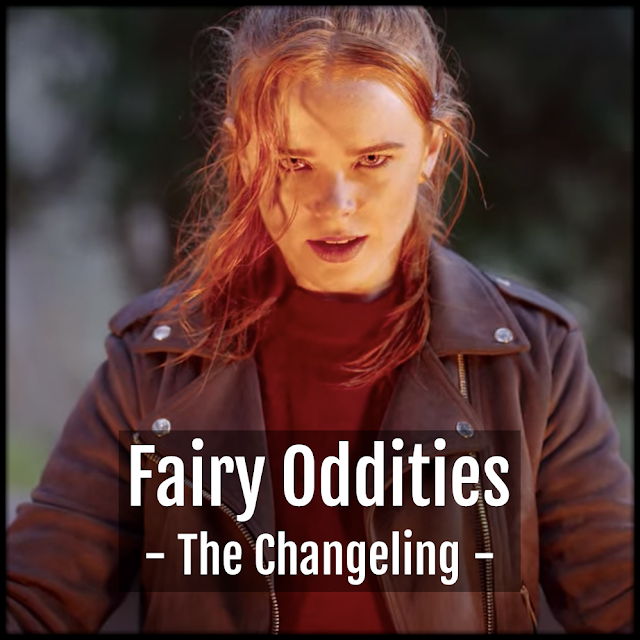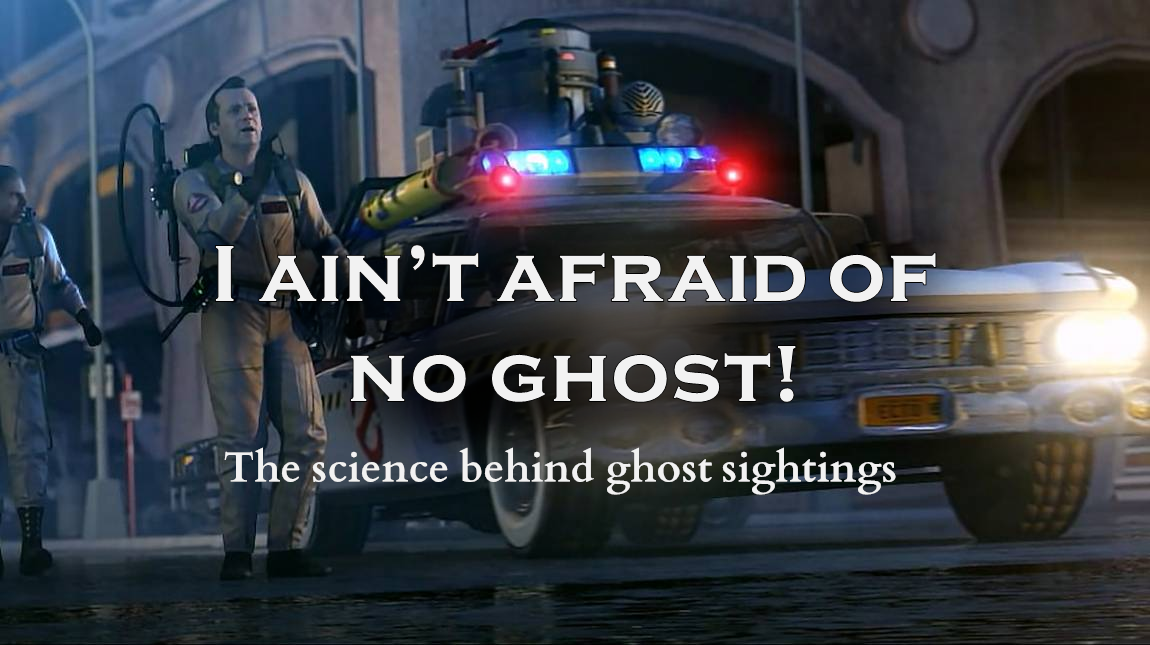Out of the shell - A thing or two about ghosts
Hey there, traveler!
Spooktober continues its march towards Halloween, and so, I’ve returned with another famous macabre trope – ghosts. Since it’s directly linked to last week’s post about more fleshy and brain-eaty living dead beings, I suggest you check that out (here’s a link).
Now, onto the topic. As we discussed before, dead things returning to life is a tale as old as time, having ancient origins like (as one of our reader’s pointed out) Egyptian mythology with the resurrection of Osiris, or Greek epics like Odyssey, where the titular hero converses with ghosts of long dead heroes. But ghost is a much more variedly used term in contrast to zombies and the undead. If you think about the Ghost of Christmas Past, celtic ghosts such as the banshee or your friendly neighborhood poltergeist, sometimes a ghost isn’t even a dead person.
So, how do we start to tackle this trope? At the beginning, of course.
Ever since the days of ancient Mesopotamia (a.k.a. the first civilization on Earth) a human was considered a unity of a material body and a transcendent spirit which lives on after the body dies. This concept of an immortal, ephemeral soul stuck its head out in every ancient civilization (Egyptian, celtic, Greek, Chinese, you name it) and later became separated from human beings, like in animism (the belief that souls can inhabit everyday objects and tools). A spirit or ghost was something hidden, something fundamental that embodied a being or sometimes inanimate or theoretical things better than any physical form.
Some people went ridiculous miles to try and prove this concept, like Duncan MacDougall, an American physician who theorized the soul has a concrete, physical weight (according to his experiment of weighing patients just before and after their death, the weight of a soul was 21gramms, although since he only weighed three patients and only one showed this loss, the other two measured entirely differently, this experiment was later dubbed flawed and unscientific).
The ghosts we are talking about, however, are quite concretely the spirit of a deceased individual coming back to haunt and scare the shit out of people. This time I won’t bore you with anthropology, although I’ll leave an interesting link where you can read up on the ancient civilization’s belief in haunting and afterlives in general.
The main difference between zombies and ghosts, I think, is the effect they cause. Undead beings like the walkers in The Walking Dead or the draugr in norse mythology can be really heart-stopping scary, but I’d seldom call them ominous. Ghosts, however… Just ask horror film makers. A good haunted house isn’t as dangerous physically as it seems, and the haunting spirits are much less abrupt in their harassing of the living. A ghost could stand at three feet from your bed for a couple of nights without coming closer even an inch, and still make you jump out of a window or burn your own house. They mean a more psychic threat, terrorize you until you go mad and remind you about things you don’t want to remember. That effect comes from two emotions intertwined with the ghost stories of every civilization, namely guilt and regret. Let me elaborate.
Unlike zombies, creating a ghost is near impossible in folklore, however, turning into a ghost is much easier. Ghosts could appear when the deceased isn’t properly buried (or not at all), if they suffered a violent death (as a sidenote, I’d advise you to listen to this song so you can get into the spook vibe), or if they died with an unfinished business. In Egypt there were trials between a person and the ghost supposedly haunting them where it was believed the ghost was somehow wronged in life and a priest was needed to give judgement. In pop culture, nearly every ghost story ends with the heroes finding out about the unfinished business the spirit had and getting it done to end the haunting (if they don’t die in the process). Sometimes it’s getting a proper burial (gods can be a real dick with you if your relatives don’t do this shit right), or returning a bauble stolen from the spirit, or even reuniting the ghost with a loved one. An episode of Bones even had a spirit (which was really strange for a show this cynical about everything supernatural) where the dead boy recorded a love song for his crush and couldn’t rest until they showed it to her.
These action all come down to mankind’s inner fear of regret and guilt, both leaving this life without wrapping up things and doing someone wrong without the chance of reconciliation. These feelings are like a hook stuck inside our hearts, causing a constant pain we can’t do much about. Of course there are options, like venting our woes out to someone, or–on the more occult side– summoning the hurt spirit to make amends. Yupp, I’m talking about seances, the occult gatherings of Victorian era England motivated by the same regret and guilt. People longed to speak to their dead relatives, to tell them things they couldn’t before, and street knacks and charlatans jumped on that guilt like a 10-year-old on a Minecraft cheat software.
Both fear of dying with regrets and living with guilt are real traumas, and as we discovered before, traumas create stories. As Neil Gaiman said once, humans are storytelling creatures, we share and process our problems through stories. So next time you watch some good old haunted house movie or read about a really ghost-infested stick, take a moment to think about how powerful words are – because without these ghost stories, we’d have a much harder time coping with our fear.
A really spooky October to y’all, don’t forget to check back next week for another of these weird ass essays.
Cheers,
Dar








Comments
Post a Comment